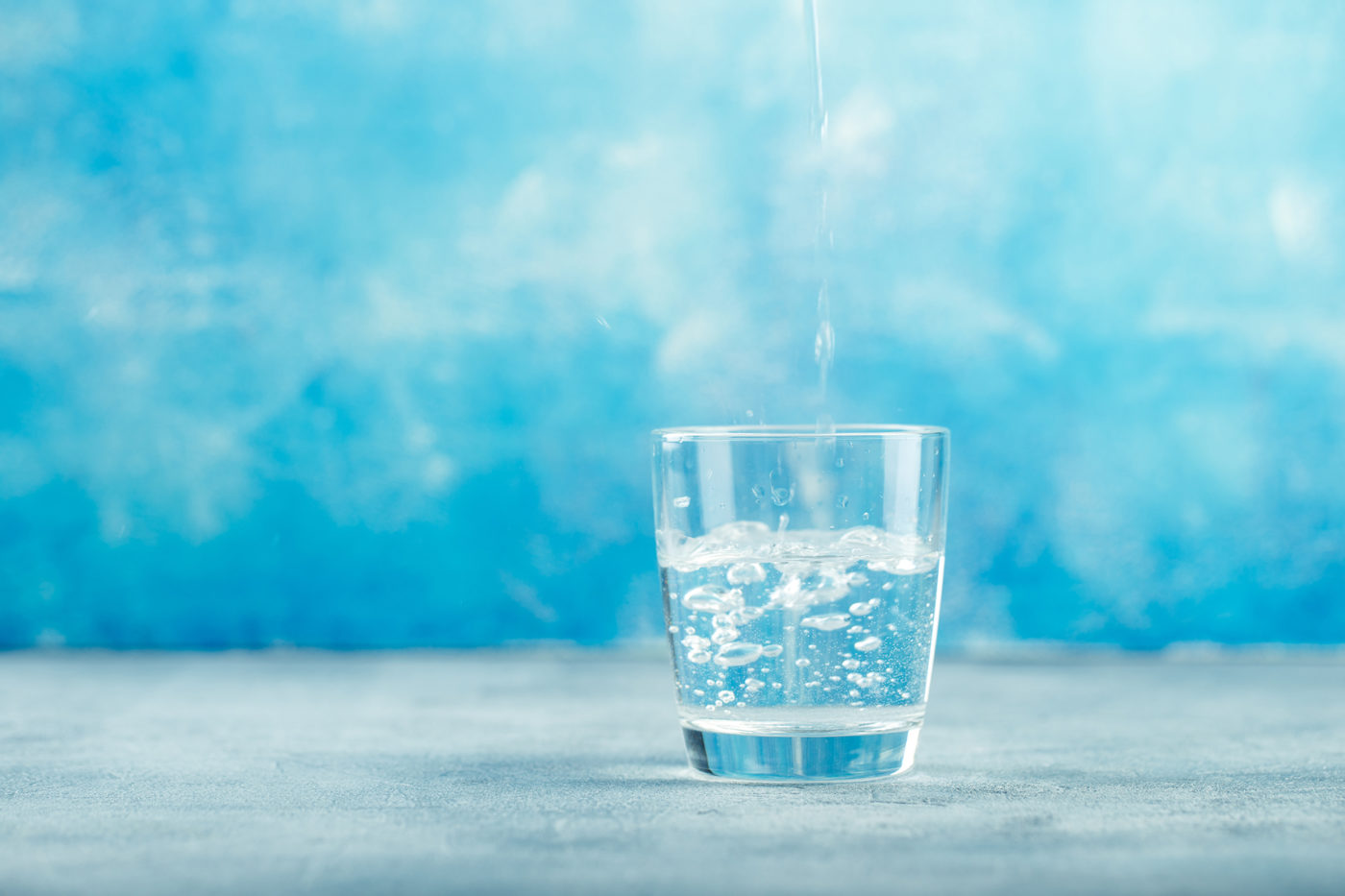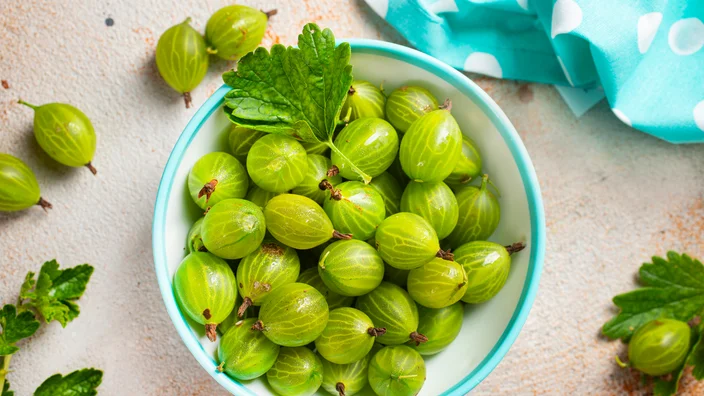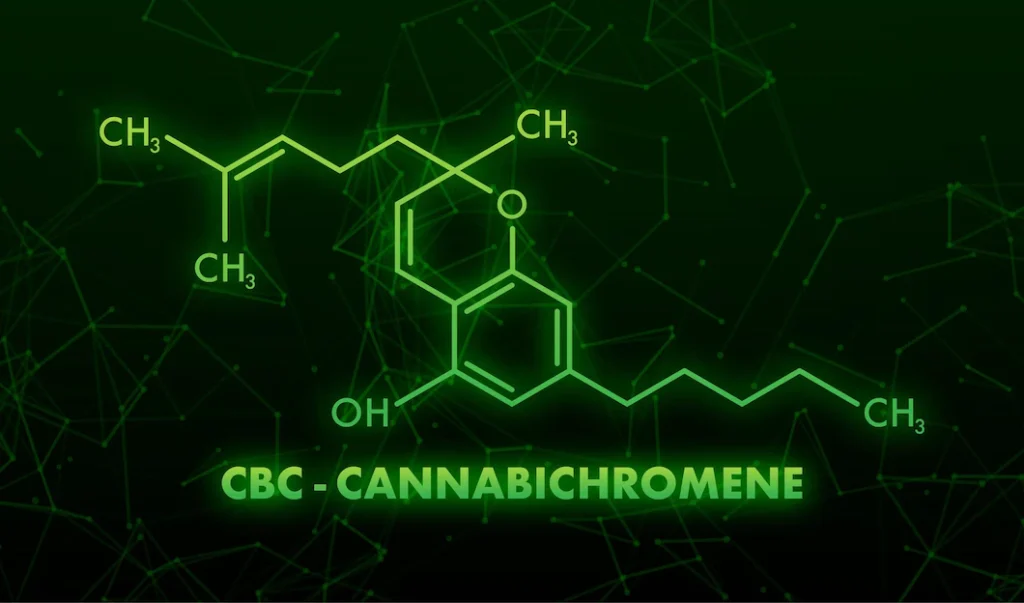
Water Dispersible – What’s That?
August 12, 2020
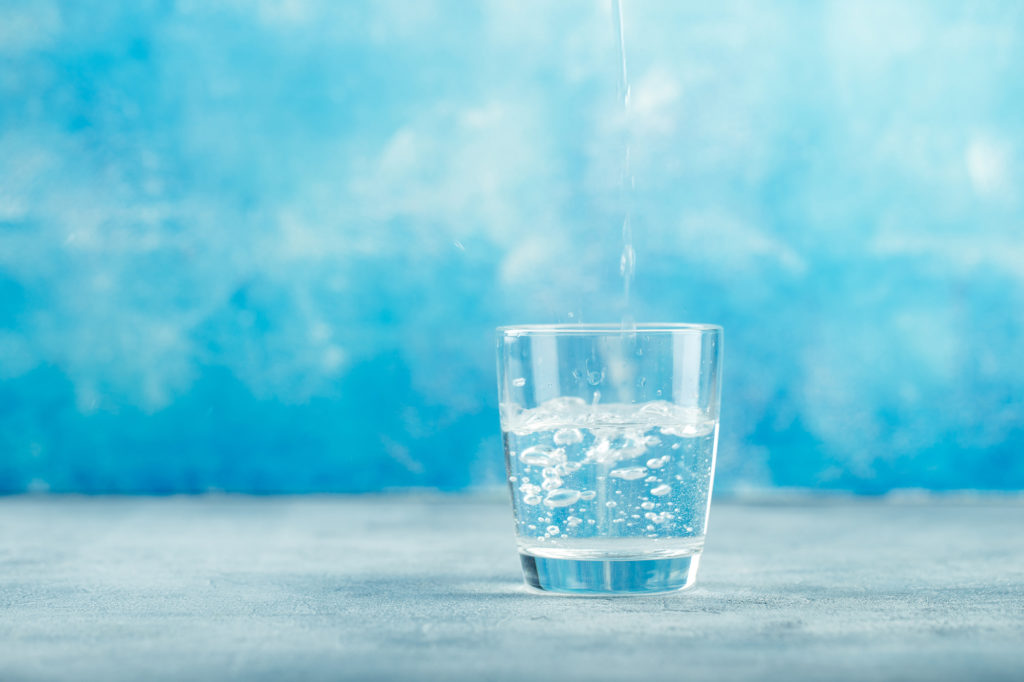
This week we are discussing two very important factors you should keep an eye out for when comparing hemp supplements: water-dispersibility and bioavailability. These two factors, which can separate a common product from a premium product, are intimately linked. To elaborate on this unique connection, let’s first define water-dispersibility.
Water-Dispersible: What does that mean?
If an ingredient is water-dispersible, the molecules do not break apart or lose the properties that make it beneficial, maintaining their size and form. For example, Alka-Seltzer™ tablets are dispersed throughout the water as it bubbles, scattering into minute particles. The Alka-Seltzer is still intact which makes the water cloudy with particles. And, if you do not drink it all, Alka-Seltzer will be left in the bottom of the glass.
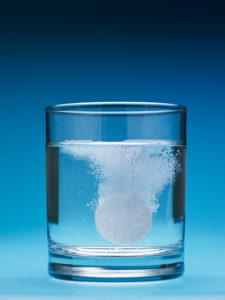
It is important to note that cloudiness does not define a water-dispersible product. Many products appear clear yet separate over time or can be seen to be separated when a closer look is taken.
Marketing water-dispersible as water-soluble
In today’s supplement market, which includes hemp and cannabinoid products, water-dispersible products are often described as water-soluble. This is done for two reasons: 1) it is an easy way to explain how oil-soluble ingredients, including hemp-derived CBD extracts, can be absorbed in a water-based system, such as the human body; 2) water-dispersibility can often be seen as too technical of an explanation. It is extremely important to note the difference in this terminology because, while there are truly water-soluble ingredients, nine out of ten times the ingredients being used are actually water-dispersible.
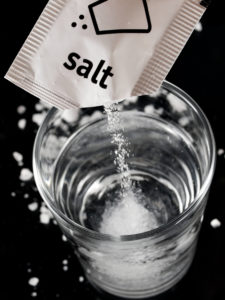 An example of a truly water-soluble ingredient is salt. If regular salt—Sodium Chloride (NaCl)—is stirred into a glass of water, the individual sodium and chloride molecules are broken apart. They slip in between the water (H2O) molecules creating a saltwater solution. The salt compound, NaCl, becomes separated sodium (Na) and chloride (Cl) molecules, and completely dissolves into the water.
An example of a truly water-soluble ingredient is salt. If regular salt—Sodium Chloride (NaCl)—is stirred into a glass of water, the individual sodium and chloride molecules are broken apart. They slip in between the water (H2O) molecules creating a saltwater solution. The salt compound, NaCl, becomes separated sodium (Na) and chloride (Cl) molecules, and completely dissolves into the water.
In order for an oil-soluble ingredient to be truly water-soluble, it would have to be manufactured synthetically, or chemically altered using controversial techniques such as nanotechnology.
What does that mean for hemp-derived extracts?
Now that we know the difference between products that are truly water-soluble and those that are water-dispersible, yet marketed as water-soluble, what does that mean for hemp-derived extracts? The answer is simple: hemp extracts that have not been synthetically manufactured or chemically altered with nanotechnology are water-dispersible.
Marketing habits: Non-Genetically Modified Organism (Non-GMO)
Even though the terms water-soluble and water-dispersible are used interchangeably by companies for the public, they are two different scientific properties. Another example where marketers use recognizable terminology can be seen in the grocery stores with the use of the “non-GMO” claim.
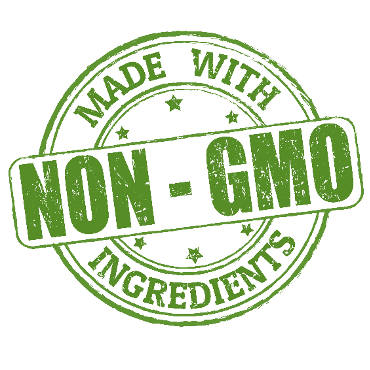
According to the FDA, non-GMO is not the correct terminology. The scientifically accurate terminology is bioengineered or synthetically engineered, but non-GMO is the accepted industry term that the general population recognizes. The support for this can be found in the FDA Voluntary Labeling Guidance which defines the terms “genetic engineering” and “bioengineering” to describe the use of modern biotechnology.
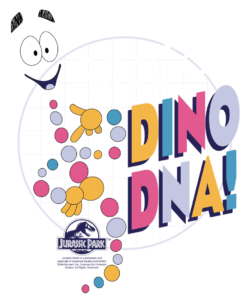 What does that mean? It means that the science of genetics has made huge strides over the last few decades and has created technology that allows scientists to alter genetic sequences faster and more accurately. The act of adding or placing genetic code into a sequence—similar to what was seen in the movie Jurassic Park (where frog DNA was used to fill in the blanks of the missing dinosaur DNA)— or removing a piece of the genetic code, is what we mean by genetic engineering or bioengineering.
What does that mean? It means that the science of genetics has made huge strides over the last few decades and has created technology that allows scientists to alter genetic sequences faster and more accurately. The act of adding or placing genetic code into a sequence—similar to what was seen in the movie Jurassic Park (where frog DNA was used to fill in the blanks of the missing dinosaur DNA)— or removing a piece of the genetic code, is what we mean by genetic engineering or bioengineering.
That means, the grocery store industry is using the non-GMO image to explain to the public that the product they are interested in buying is not genetically engineered or bioengineered. The term non-GMO is the easy-to-understand-language the public recognizes.
What does that have to do with bioavailability?
Bioavailability generally describes how “available” a given compound is to our body. One way of looking at this is measuring the quantity of the compound that is absorbed by the body (versus that which may be broken down during digestion and discarded as waste). Products that are water-dispersible, depending on how dispersible they are, often correspond with how bioavailable they are. Let’s take a closer look.
If a compound can be dispersed evenly through a water barrier, like under your tongue or through your intestine wall, it can have an enhanced effect on the body because more of the compound can be absorbed. Remember: our bodies can only use what they can absorb and there are many compounds with low bioavailability. Water-dispersible supplements work because our bodies are mostly comprised of water. However, not all supplements are water-dispersible, and they must undergo some sort of change, as mentioned above, to make them water-dispersible and enhance their bioavailability. One common technique is called microencapsulation* which encapsulates oil-soluble supplements and allows them to cross the water barriers in our bodies, without altering the original compound.
Hopefully, we’ve decoded the mystery surrounding the term water-dispersible and provided clarity to help you choose your supplements.
*We will discuss microencapsulation in a later post.
Don’t miss more science with our next post on the ECS and Sleep from guest writer Dr. Steven Todd.
About Zilis’ Scientific Research & Development Department
Our Scientific Research and Development Department is headed up by Dr. Marielle Weintraub, a hemp industry expert. She holds a master’s and a PhD in Behavioral Neuroscience and is very active in many dietary supplement and hemp industry trade associations, including her role as the current President of the U.S. Hemp Authority. Dr. Weintraub is committed to the continued development of hemp-specific information and testing to fulfill the Zilis mission.
Science posts for Discover are co-researched and co-written by Kelly McGill, Senior Scientific Technical Writer at Zilis. Kelly holds a bachelor’s degree in English and a master’s in Linguistics / TESL. She has been writing science-related content for over 20 years and is an expert in making difficult concepts easy to understand.
Zilis is the creator of UltraCell™, a CBD oil product derived from hemp. Based in Argyle, Texas, a suburb of Dallas-Fort Worth, Zilis is privately held. Visit zilis.com for more information.
SHARE THIS POST
ABOUT THIS BLOG
Discover : The blog with the lifestyle, nutrition, science, and history of the hemp industry.
It’s your go-to for the most up-to-date information on hemp, CBD, dietary supplements, and more! Check it out!

